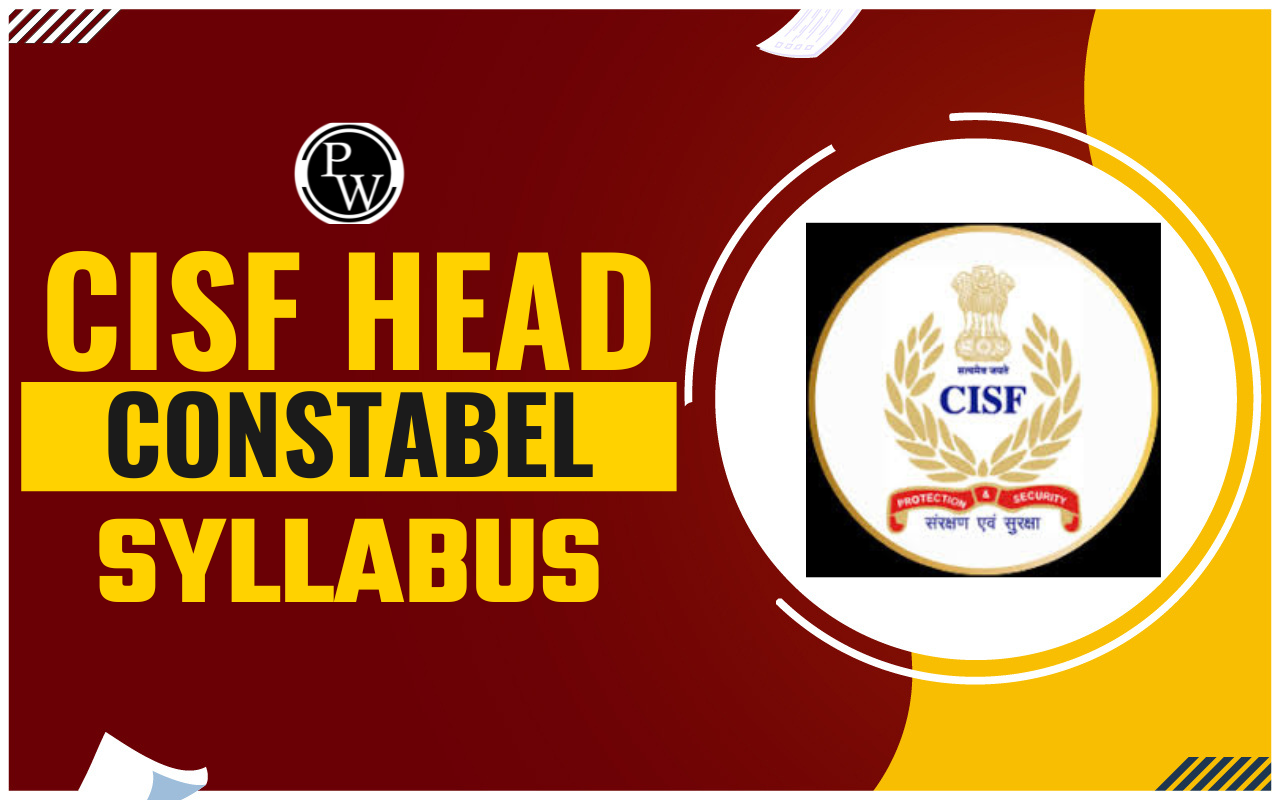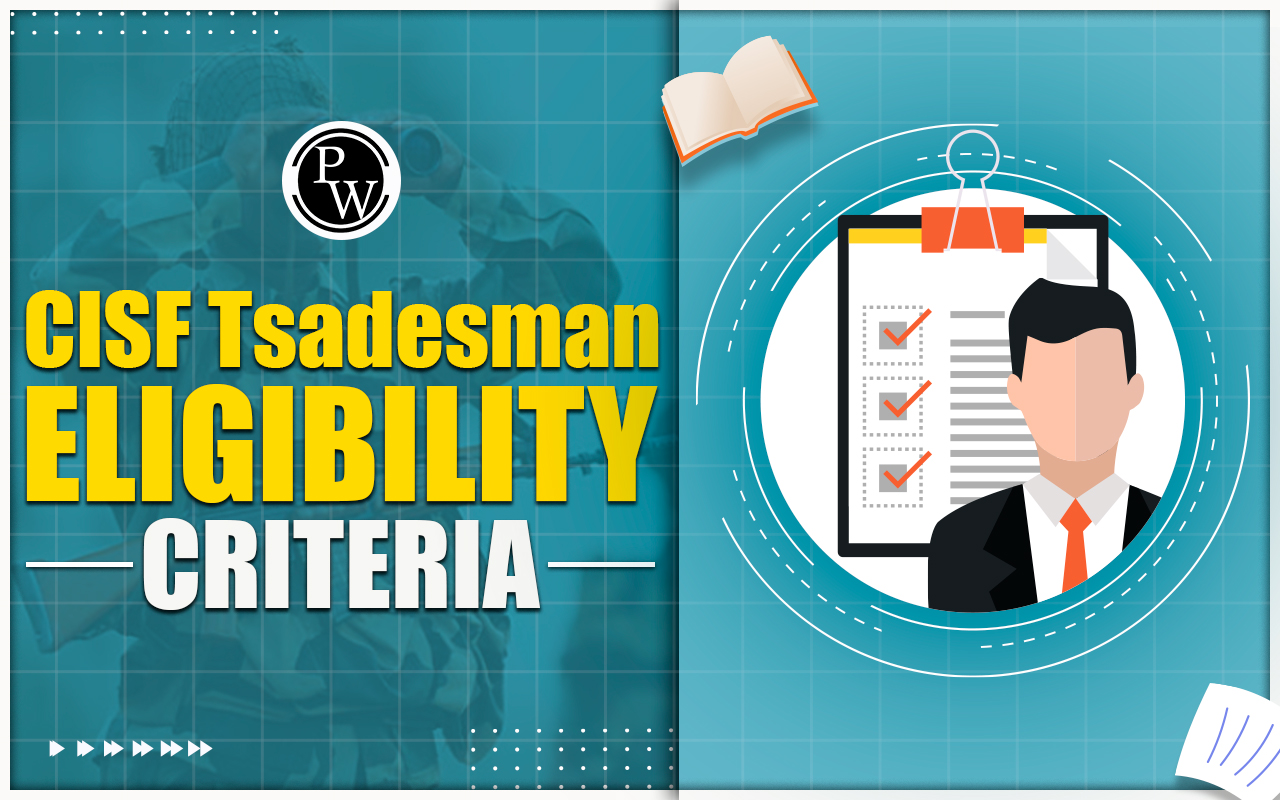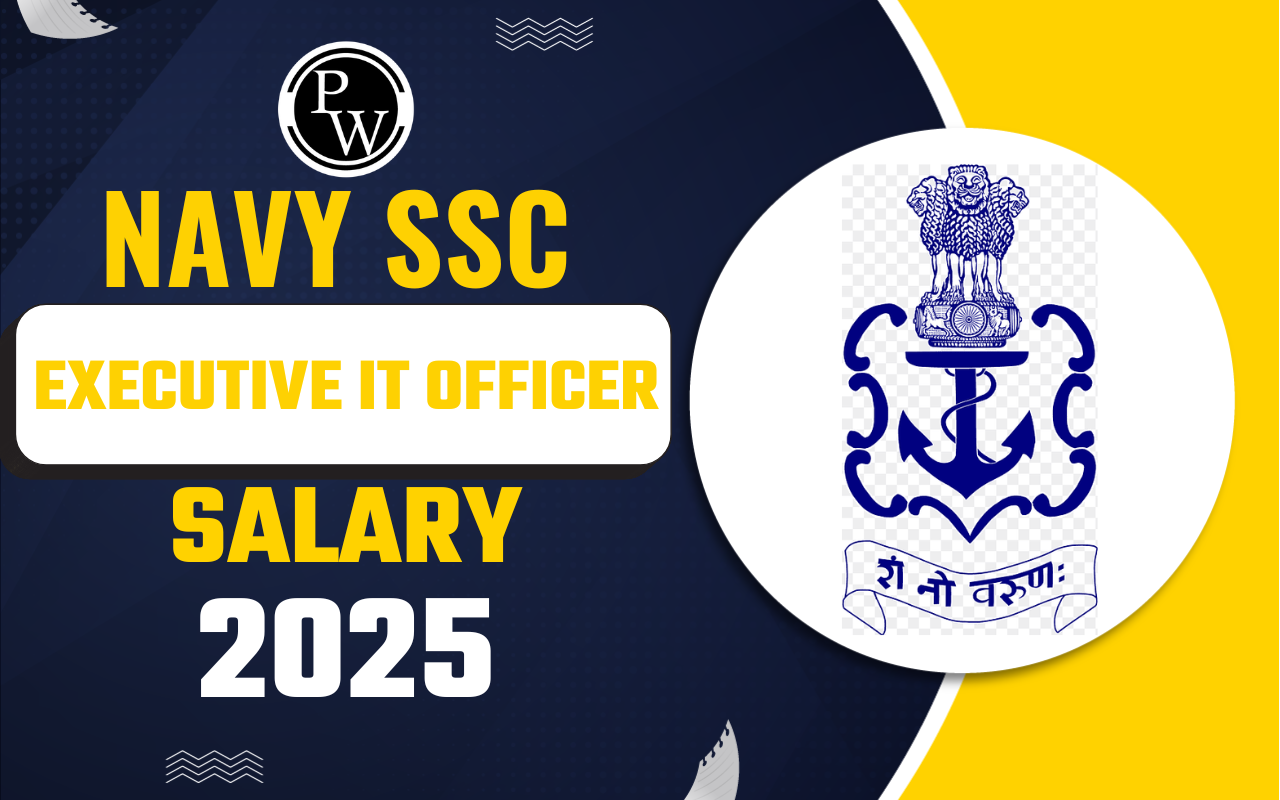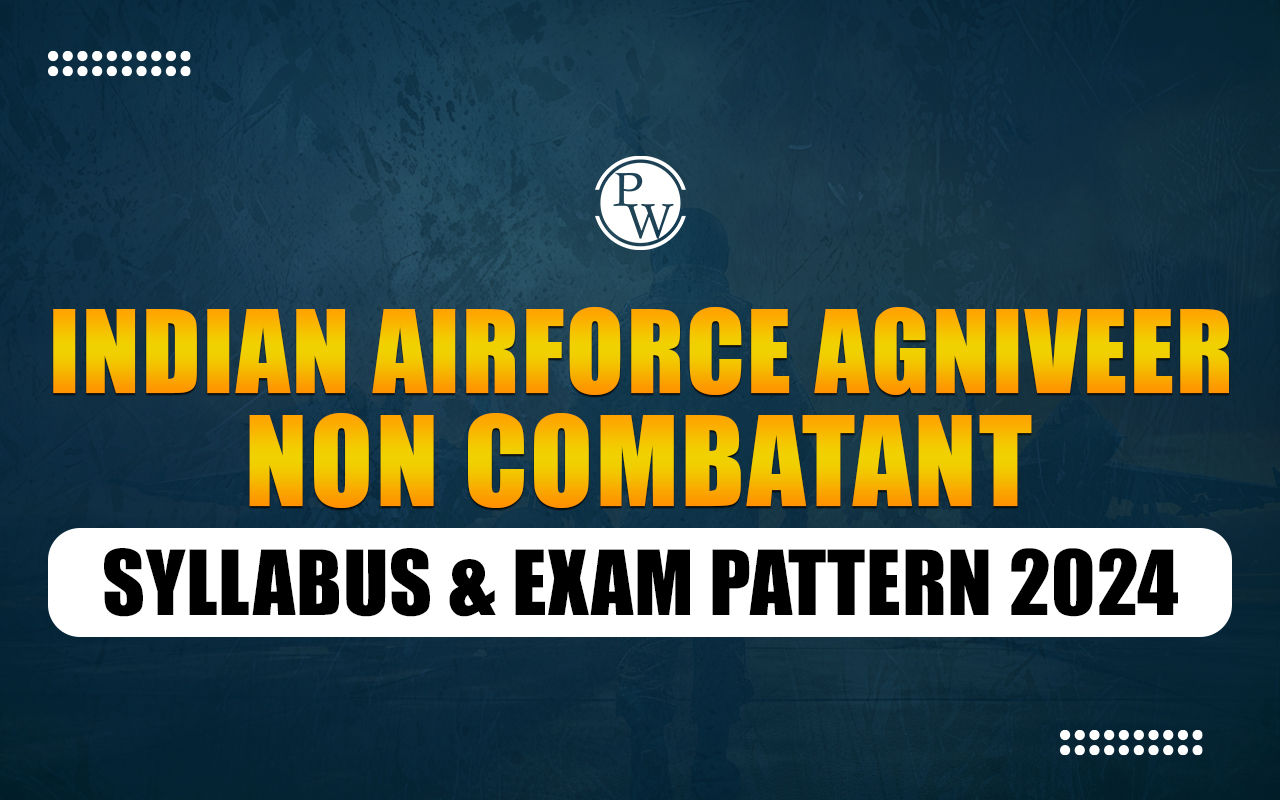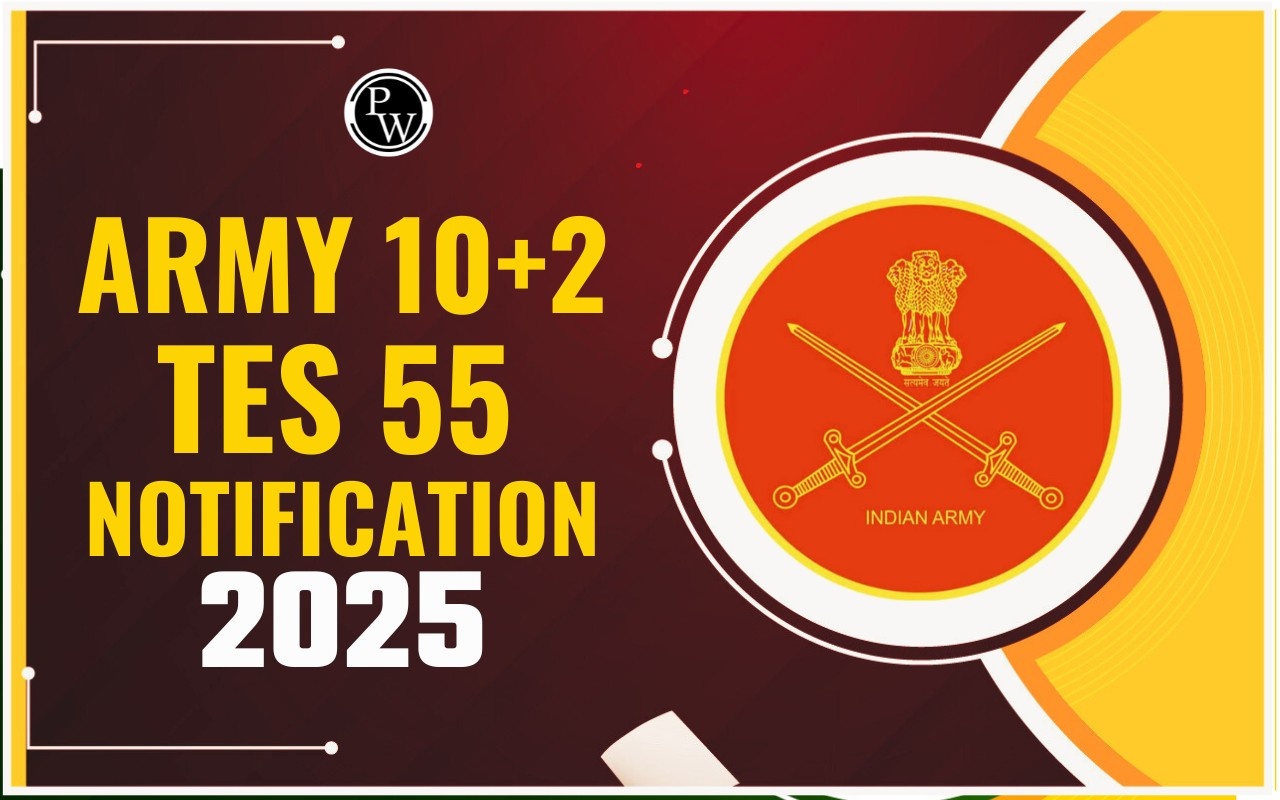

Permanent Commission vs Short Service Commission: The Indian Armed Forces offer one of the most respected and disciplined careers in the country. These forces are led by the Commissioned Officers. They are trained to command, make decisions, and protect the nation with courage and responsibility.
Permanent Commission vs Short Service Commission are the two main types of officers in the Indian defence services. Both give a chance to serve the country with pride, but differ in the period of service, career growth, and retirement benefits.
Permanent Commission vs Short Service Commission in Indian Army
Both Permanent Commission vs Short Service Commission allow individuals to become officers and serve the country with pride. Typical ranks achieved under both types include Lieutenant, Captain, and Major. Permanent Commission officers, with more years of service, can reach higher ranks over time.
-
A Permanent Commission (PC) refers to a lifelong career in the Army. After selection, an officer continues to serve till retirement age, which depends on their rank.
-
Officers can rise to senior positions such as Colonel, Brigadier, or even General. Officers who join through the National Defence Academy (NDA), Indian Military Academy (IMA), or certain CDS entries are granted a Permanent Commission.
-
A Short Service Commission (SSC) allows officers to serve for a limited period. SSC officers in the Army generally serve for 10 years, which can be extended up to 14 years.
-
After completing their tenure, SSC officers can choose to leave the Army or, in some cases, apply for a Permanent Commission based on performance and vacancies.
Difference between PC and SSC in Defence Services
Both the paths of Permanent Commission vs Short Service Commission are important for India. The table below shows the major differences between Permanent Commission and Short Service Commission in the Indian Armed Forces:
| Difference between PC and SSC in Defence Services | ||
| Particulars | Permanent Commission | Short Service Commission |
| Nature of Service | Lifelong career till retirement | Temporary service of 10–14 years |
| Duration | Till 54–60 years (depending on rank) | Initial 10 years, extendable by 4 years |
| Eligibility | NDA, CDS (IMA), or special entries | OTA, AFCAT, INET, or SSC-specific exams |
| Retirement Age | Based on rank | After completion of 10–14 years of service |
| Pensions and Benefits | Full pension and post-retirement benefits | No pension unless converted to PC |
| Career Opportunity | Continuous till retirement | Ends after the specified tenure unless extended |
Permanent Commission vs SSC Indian Navy
The Indian Navy also offers both Permanent Commission and Short Service Commissions. Both categories of officers undergo similar training, discipline, and responsibility while serving the nation.
-
Permanent Commission officers in the Indian Navy can join through the NDA, the 10+2 (B.Tech) Cadet Entry Scheme, and other branches through the Indian Naval Entrance Test (INET).
-
These officers are primarily employed in the Executive Branch (Warships and Submarines), Engineering, and Electrical branches. It ensures a long and stable career at sea and ashore.
-
The Navy fill roles requiring specialised skills for a shorter time through the Short Service Commission. These roles are typically in the Logistics, Education, Naval Architecture, and certain Executive sub-branches.
-
The SSC entry for candidates is also done through the INET. It allows the Navy to bring in candidates without committing to a lifelong position for them.
Permanent Commission vs SSC Indian Air Force
Officers in the Indian Air Force are selected through entry schemes such as AFCAT (Air Force Common Admission Test), NDA, and CDSE. Both Permanent Commission vs Short Service Commission officers work in high-pressure environments and play vital roles in national defence.
-
Candidates can join the Air Force as a PC officer through the Air Force Common Admission Test (AFCAT), the NDA, and the CDSE. It is offered in the Flying Branch (pilots) and certain ground duty branches (like Administration, Logistics, or Technical) where long-term commitment is essential.
-
The IAF offers SSC Air Force in technical and non-technical (Ground Duty) roles. They serve for a fixed term. Several officers in the Accounts and Meteorology branches might also join through SSC.
-
The Indian Air Force has also introduced several schemes where women officers are inducted through the SSC initially. These schemes are constantly being reviewed for increased PC opportunities.
Defence Jobs PC vs SSC Career Options
The career options offered in the Indian Armed Forces depend on the type of commission chosen. Candidates wanting a lifelong defence career may prefer PC, whereas candidates seeking short-term service and flexibility may find SSC more suitable.
-
Permanent Commission is suited for candidates who seek job security, a structured career progression and the opportunity to retire with a full government pension. They are committed to serving the nation until their retirement age.
-
The SSC is for those candidates looking for a shorter, high-intensity, and disciplined experience. After serving 10 or 14 years, the officer can move on. It allows for a lateral entry into civil jobs in management, human resources, or security consultancy.
Permanent Commission vs SSC Eligibility in Defence
The eligibility criteria for both commissions vary depending on the branch, including the Army, Navy, and Air Force. They can be listed as follows:
| Permanent Commission vs SSC Eligibility in Defence | ||
| Particulars | Permanent Commission | Short Service Commission |
| Age | Lower age limit - 19 to 24 years | Higher age limit - 19 to 27 years |
| Educational Qualification | A graduate degree from a recognised university for most entries except NDA and 10+2 Technical entries, which require Class 12 | A graduate degree from a recognised university for most entries |
| Marital Status | Unmarried | Unmarried or married status |
Service Tenure PC vs SSC in Armed Forces
The service tenure is one of the primary differences between PC and SSC. The details related to Permanent Commission vs Short Service Commission service tenure are outlined below:
-
For officers granted a Permanent Commission, the tenure is for a lifetime service until they reach the standard superannuation age, usually 58 or 60 years.
-
For officers under the Short Service Commission, the service duration is fixed. It is initially for 10 years and can be extended to a maximum of 14 years. After this period, the officer must either convert to PC or leave the service
Benefits of Permanent Commission vs Short Service Commission
Both commissions in the Indian Armed Forces offer benefits, but they differ in duration and scope. PC offers long-term stability and financial security, whereas SSC offers flexibility and experience useful for later careers.
| Benefits of Permanent Commission vs Short Service Commission | |
| Permanent Commission | Short Service Commission |
|
|
Salary and Perks PC vs SSC Defence Officers
The salary structure of both PC and SSC officers is similar. It depends on the rank and pay level, not the type of commission.
-
A Lieutenant in the Indian Army receives the same pay being a PC or SSC officer. The pay includes basic salary, grade pay, military service pay, and several allowances such as uniform, transport, and housing.
-
The main difference lies in long-term perks. Permanent Commission officers receive pensions and retirement benefits, whereas SSC officers do not get a pension unless they are later granted PC.
Promotion Opportunities PC vs SSC in Defence
Promotion opportunities differ between the two commissions. Both PC and SSC officers undergo regular training and performance reviews. The promotion opportunities provided by both commissions are listed below:
-
Permanent Commission officers have a full career span and get more chances for promotions. They can rise from Lieutenant or Flying Officer to high ranks such as Colonel, Captain, or Air Vice Marshal, depending on service.
-
Short Service Commission officers have limited tenure, and promotion opportunities are fewer. They usually rise to the rank of Major, Lieutenant Commander, or Squadron Leader. However, those who perform well can apply for Permanent Commission and continue their service.
Permanent Commission vs Short Service Commission FAQs
What is the main difference between Permanent Commission and Short Service Commission?
Can Short Service Commission officers become Permanent Commission officers?
Which commission offers pension and retirement benefits?
What are the entry routes for PC and SSC in the Armed Forces?
Who should choose Permanent Commission, and who should choose Short Service Commission?





